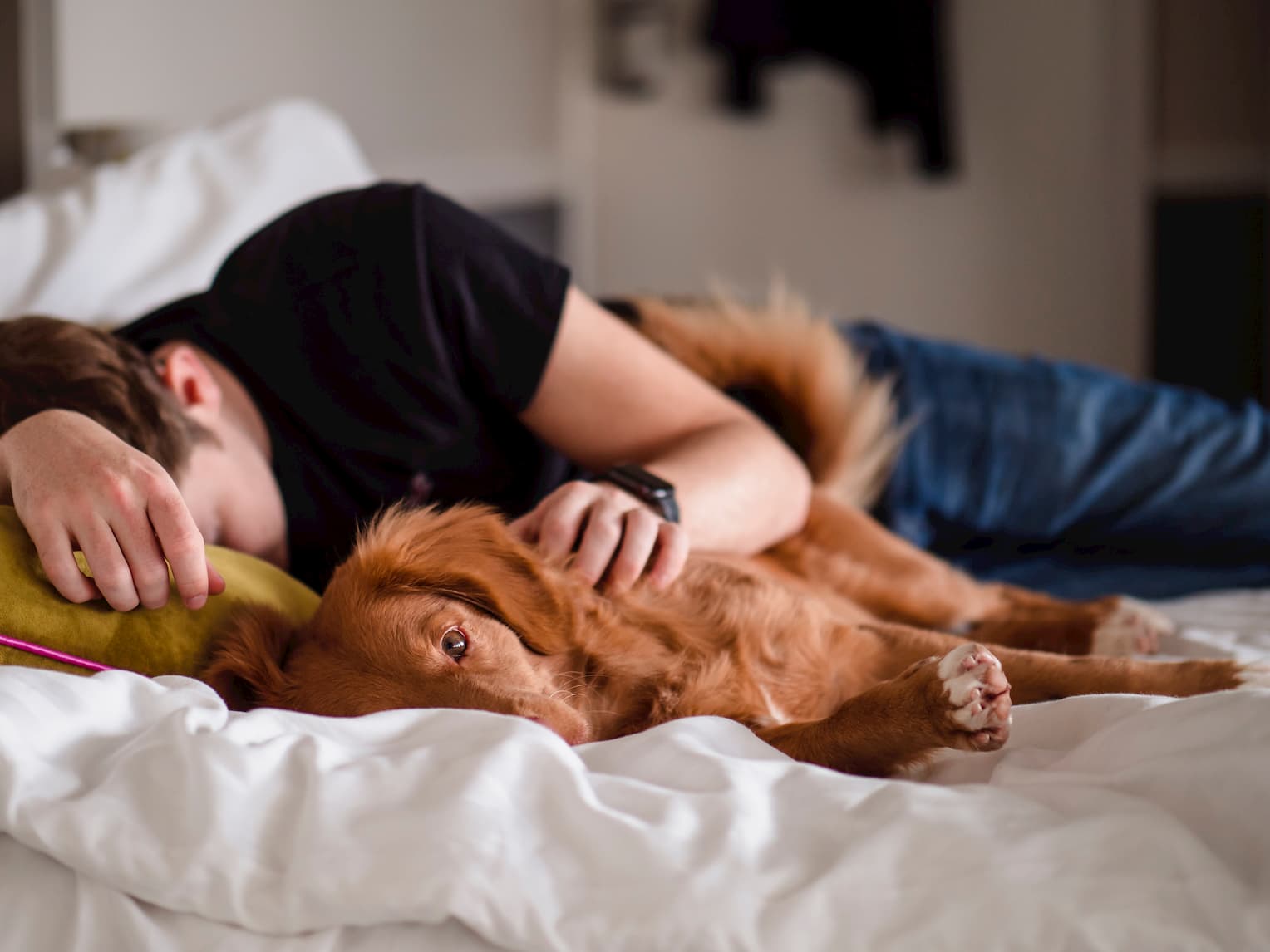Success
Minding Your Mental Health During the Pandemic: Sleep Hygiene
The Importance of Sleep Hygiene
Sleep hygiene includes having a relatively unvarying sleep schedule, an effective pre-sleep routine for falling asleep, an adequate amount of sleep, and living habits throughout the day that do not negatively impact sleep.
- What do we think is the recommended amount of hours of sleep we should be getting as adults?
In and around 7-9 hours sleep is recommended for adults and older adults. This does vary from person to person and medications can impact our sleeping too.
- Disruptions in sleep can impact your attention, concentration, memory, emotions and engagement in activities throughout the day.
Pre-sleep rituals:
are the routine activities that we do before sleep to help us get to sleep.
- What are the things we do to help us get to sleep?
- The foods and drink that we take in during the day and the level of physical exercise or movement we do can impact our ability to fall asleep at night. Reducing caffeine intake after 6 p.m., E.g. soothing activities like warm showers, face mask, skincare, shaving, reading a book, mindfulness, yoga, meditation.

Environment:
- What do we do to the physical room/bed to help us to sleep?
- The bed and bedroom should be preserved for sleep & sex. Sometimes we might get into the habit of bringing the laptop into the bed to do work, or bringing food into bed. This confuses the body.
- Our eyes take in the light in our bedrooms, and when we bring food or work to bed, we connect sleep/rest with these activities.
- Light triggers the brain to believe that it is daytime and this makes it harder for us to sleep. We first have to reduce our light intake by switching off phone/ televisions/ laptop screens, dimming the lights (ideally pitch black, but each individual is different), closing the blinds/curtains.
- Environmental adaptation: a comfortable mattress, number of pillows that you feel comfortable taking to bed, comfortable bed covers (e.g. the linen), reduced light intake, switching off your phone, dimming the lights, closing the blinds/curtains.
- Bed partners (a spouse, pet etc.) may also disrupt sleep through snoring or going to bed at a different time to us. This is when you may have to set boundaries with your bed partner (come to bed a half-hour after I go to bed so I have the chance to get into deeper sleep). You may have to adapt to having a bed partner by using simple equipment like earplugs and facemasks.
Post sleep rituals:
- These are the routine activities that we do after we sleep to help us to wake up/get out of bed.
- What things do we do to help ourselves wake up?
- Alarm clock, checking our phones, opening the curtains, going for a shower, having some coffee or tea (caffeine to alert the body), having breakfast (cereal, fruit, juice), exercise or doing your makeup/hair.
Information provided by: Occupational Therapy Dept. (Cork/Kerry Community Healthcare)